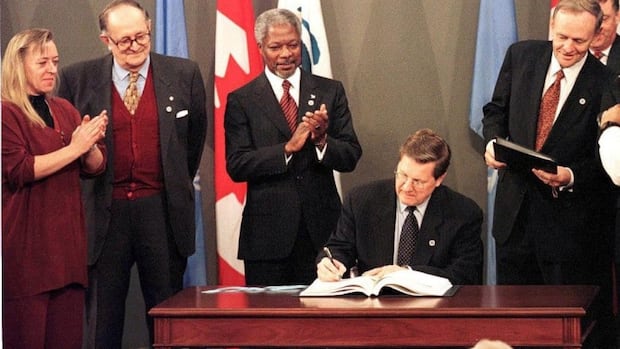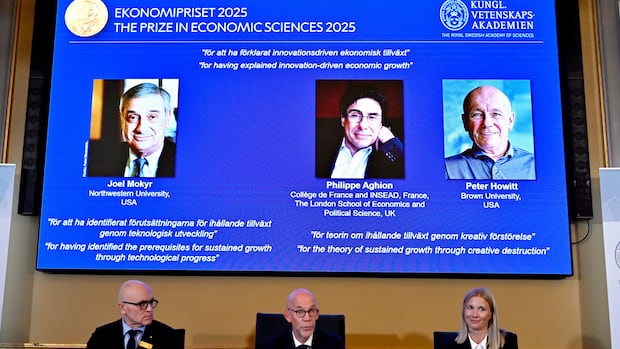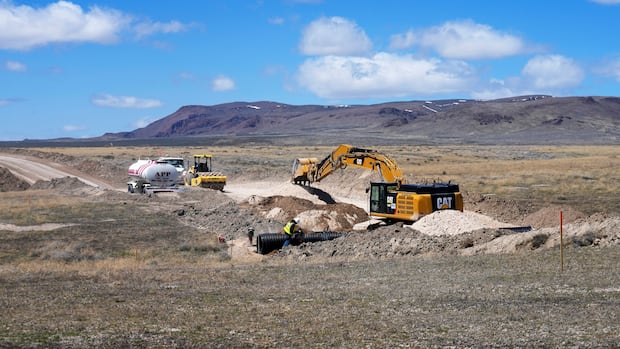Paul Hannon remembers being in Ottawa in 1997 when representatives from across the globe came to the city to sign an agreement banning the production and use of landmines.
At the time, Hannon was volunteering for Mines Action Canada, a coalition of groups advocating against the use of mines in armed conflicts.
“It was a pretty magical moment in December, the first week of December 1997, when 122 countries from around the world came here to sign the treaty,” he told CBC News.
But 28 years later, the agreement is being challenged.
Ukraine and five other countries, some of which are members of NATO, have either moved to withdraw from the convention or have indicated they would do so, citing growing military threats from Russia.
Hannon and others who pushed for the treaty are lamenting how it’s being undone. They’re also arguing that Canada, the country that brokered it, should play a more active part in keeping countries from withdrawing.
“Once they’ve gone through that process and they’ve left, then people are going to start thinking, ‘Where are those countries that were calling for this treaty, where were the countries that were the big leaders?'” Hannon said.
‘We were where the landmines got banned’
Lloyd Axworthy, who served as foreign affairs minister from 1996 to 2000, was the driving force behind the treaty in 1997.
He said the inspiration for the initiative came after he and his 11-year-old son visited an exhibit on landmines.
“He said, ‘Well, aren’t you the foreign minister, dad?’ I said, ‘Yeah.’ He said, ‘Why can’t you do something about it?'” he told CBC.
The way Axworthy went about forging the treaty, by including civic groups that typically weren’t included in such agreements, would also come to be known as the “Ottawa process.”
Alex Neve, a human rights lawyer and former secretary-general of Amnesty International Canada, said the treaty — and Ottawa by association — became widely known in international circles.
“The degree to which other states have come to regularly call it the Ottawa Treaty or the Ottawa Convention — you hear both — is a real sign that the rest of the world recognizes Canada’s leadership as well,” Neve said.
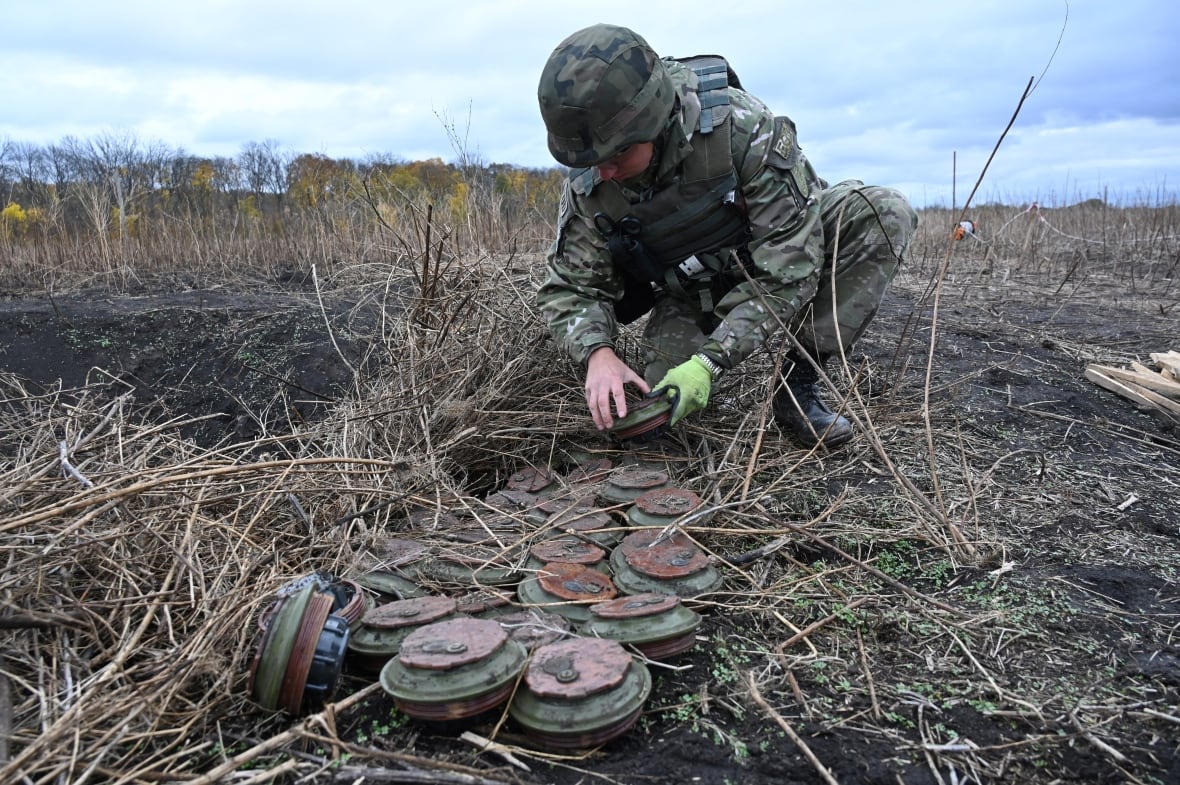
‘We’re not playing that role anymore’
Last month, Ukrainian President Volodymyr Zelenskyy signed a decree on withdrawing from the convention, though it still needs parliamentary approval to take effect.
The country’s foreign affairs ministry said that Russia’s use of anti-personnel mines “has created an asymmetric advantage for the aggressor.”
Neve said the move sets a bad precedent.
“Anytime a nation shows the rest of the world that you can back away from your international obligations, you can retreat from your international obligations, it risks encouraging other governments to do the same thing,” he said.
Neve and Axworthy also said that Canada ought to engage more with countries to ensure they stay signed on to the convention.
“We were one of the leaders in non-proliferation of weaponry,” Axworthy said. “And we’re not playing that role anymore.”
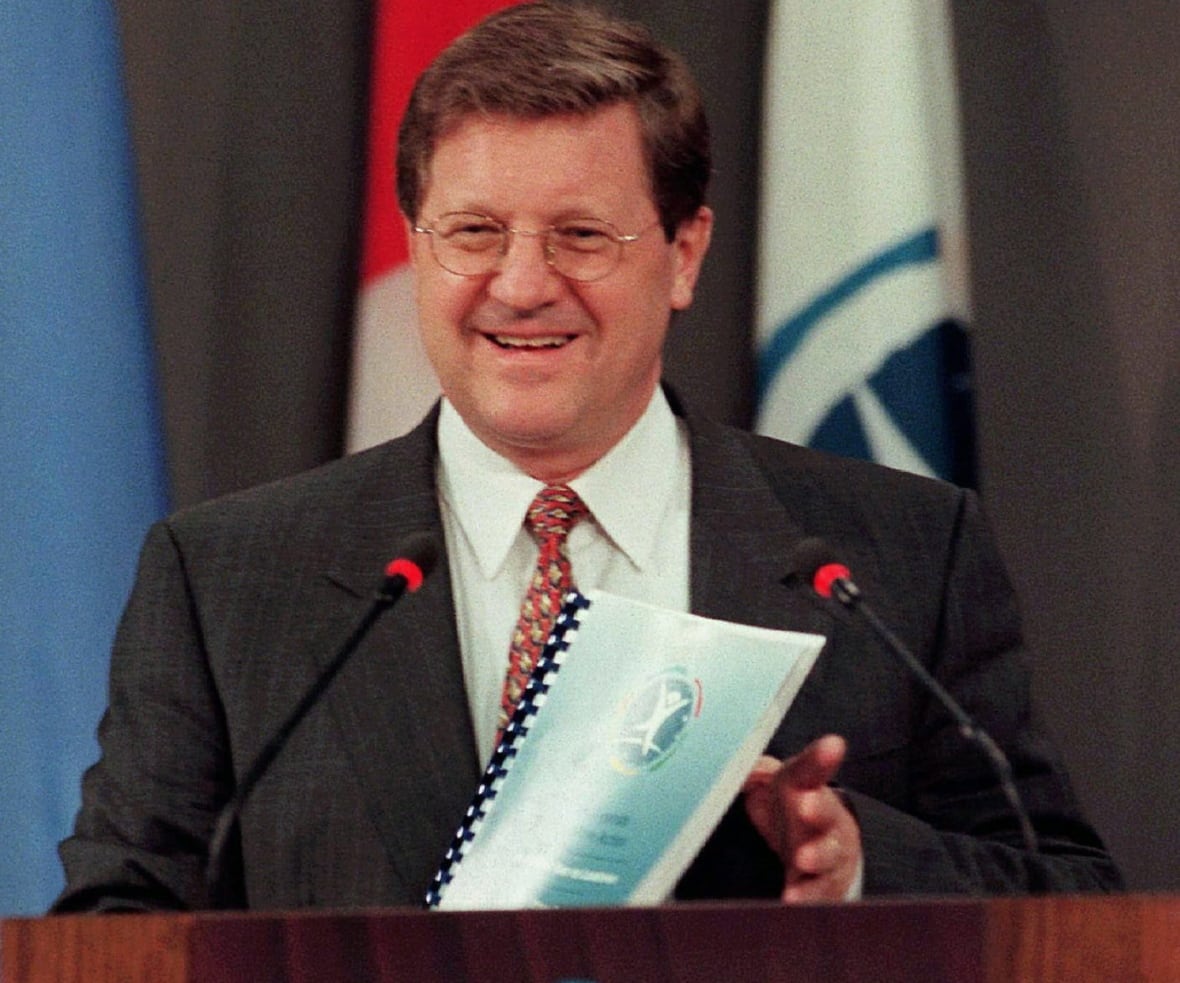
For Hannon, the crumbling of the treaty also stings on a local level, as it’s something that everyone in Ottawa — and Canada — should be proud of.
“Everybody thinks that the world knows about us because of hockey or Wayne Gretzky. And I would say now most of the world knows about us because we were where landmines got banned. That was a really significant thing,” he said.
“I would certainly like people to remember [the treaty] much more than this is the city where the convoy took over … for two weeks. I think that’s a much better memory to have and a much better claim to fame.”


